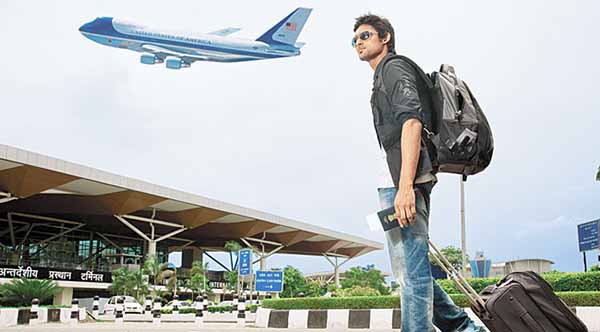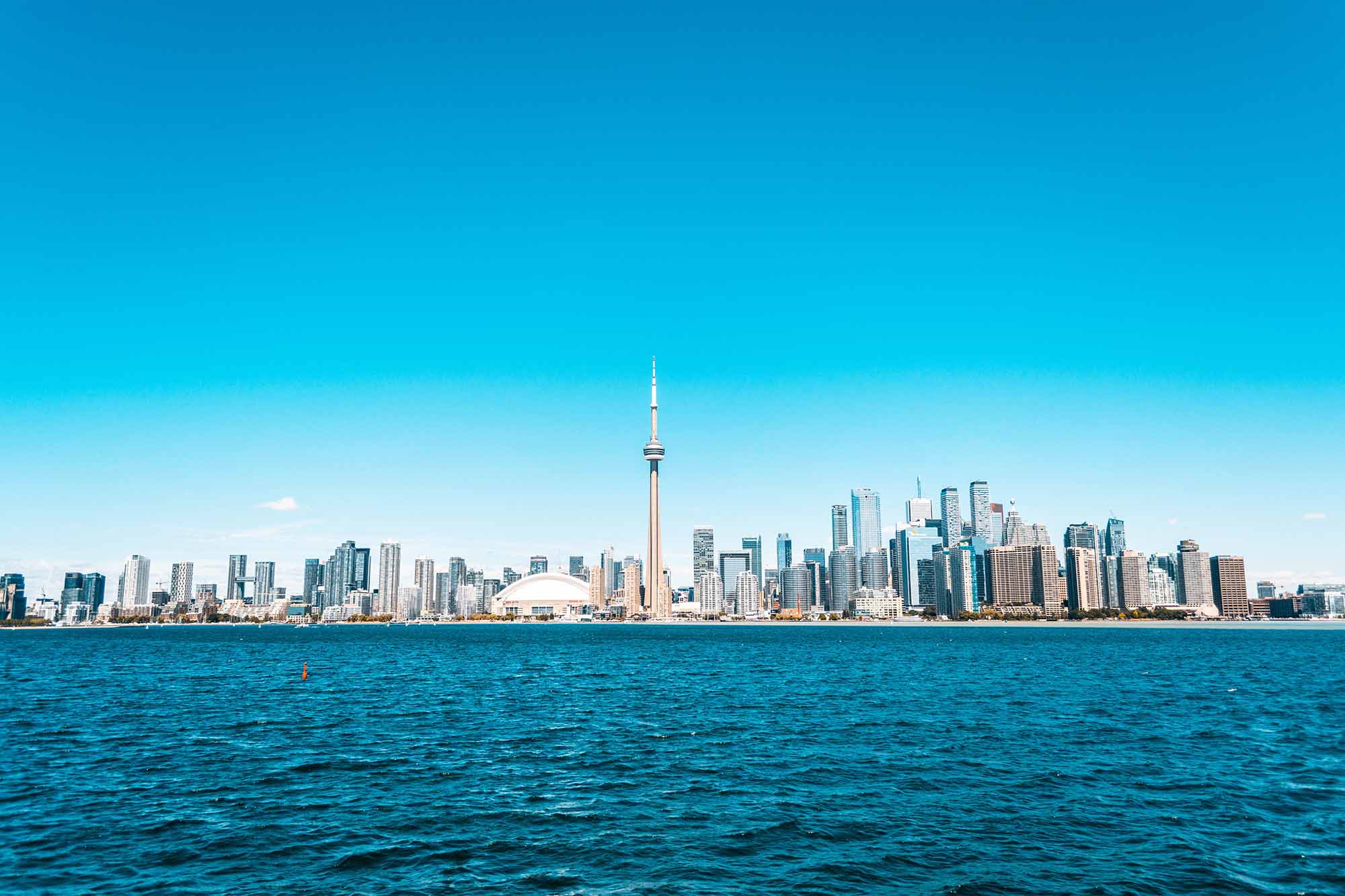In today's post, we'll go over the top mistakes people make while applying for a Canadian visa.
It's crucial to understand the difference between a refusal and a return: Failure to demonstrate assets, intent, present supporting documentation, or meet health, security, or criminal admissibility conditions will result in a denial. A return, on the other hand, may come from missing documents, incorrectly submitted applications, or missing to sign your forms. In addition, if the program you apply to has a quota, your application may be returned if the quota is reached. If on either hand, your application was returned due to missing information, you can simply amend the errors and reapply.
It might be frustrating to be refused a Canadian Visitor, Study, or Work Visa, especially if you don't know the reasons. The Immigration, Refugees and Citizenship Canada (IRCC) provides you a letter explaining why your visa was rejected; nevertheless, the reasons provided in your letter frequently do not explain why it was denied precisely.
If your recent visa refusal has spoiled your travel, employment, or study plans in Canada, don't worry; there are a few actions you can take to secure a Canadian visa after a visa refusal.
Based on the specific requirements of each visa class, there are a variety of reasons why an application for a visa may be denied.
Proof of Finances: You must show that you have sufficient funds to cover your trip and stay in Canada; the amount required varies depending on the number of persons traveling with you and the length of your stay.
Funds Source: The Canadian government looks into how you got the funds you're showing. Deposits into your bank accounts that are just not consistent can create red flags.
Travel History: Depending on your nationality, if you have never traveled outside of your own country, your application will likely be weaker than those who have.
Lack of job prospects in your home country: If you come from a place where incomes are significantly lower than those in Canada, the IRCC is likely to doubt that you will return after your visit or study, making this type of visa application problematic.
Failure to include correct and accurate supporting papers: Even if they are not clearly requested on your application checklist, you must include a number of supporting documents in order to improve your application's chances of success
Current employment situation: Depending on the nature of your visa application, a lack of employment may affect your chances of being approved.
Family ties to your home nation: If you do not have immediate family members in your home country, you may be denied entry.
Length of stay: People who say on their application that they want to stay for a longer amount of time frequently need a lot of money.
Authentic Purpose for Visit: The reason for traveling to Canada was not fully addressed.
Failure to specify the purpose of travel: When applying for a visa, it's critical to be specific about why you're applying and how long you plan to remain.
Personal Assets: Your ability to prove ties to your home country may be hampered if you don't have assets such as a house, automobiles, or enterprises back home.
The financial status of your Canadian host: A lack of supporting evidence from your Canadian host may also be a reason for your visa application being denied.
Documents that do not appear to be genuine: If your document does not appear to be genuine, you will be denied and may have difficulty reapplying due to a lack of credibility. Make sure you don't hire someone who isn't registered.
Overstaying status or deportation in Canada or any other country: Canada uses a Global Case Management system and collects data with the majority of countries worldwide. You will have a lesser likelihood of acceptance if you have overstayed your visa in Canada or another country. However, depending on your situation, you may still be able to receive your visa.
Illegal Status in Your Home Nation: If you are residing illegally in another country, Canada is unlikely to think that you will follow the rules and regulations of Canada.
Failure to fulfill health standards: Before a decision is made on your application, you may be required to pass a medical exam, depending on your home country. Serious health issues that could endanger others or place a financial strain on Canadian taxpayers could result in a visa denial.
The visa officer has some concerns about the applicant's intentions or application: You must convince the officer that your motives are sincere in your application.
Misrepresentation is defined as the act of delivering incorrect or false information: Misrepresenting information to Canadian immigration may result in a refusal as well as a ban on reapplying.
Human Rights Violations: If you previously served in the military for a country that has been accused of war crimes, this could be a factor in your denial. To overcome this inadmissibility, additional documentation must be given.
You may contact us right away so that we can assist you with your VISA application. If you've been turned down before, email us right away to start the process of reapplying.














 Access detailed Insights and analysis of your market and competitors.
Access detailed Insights and analysis of your market and competitors.

Comments: